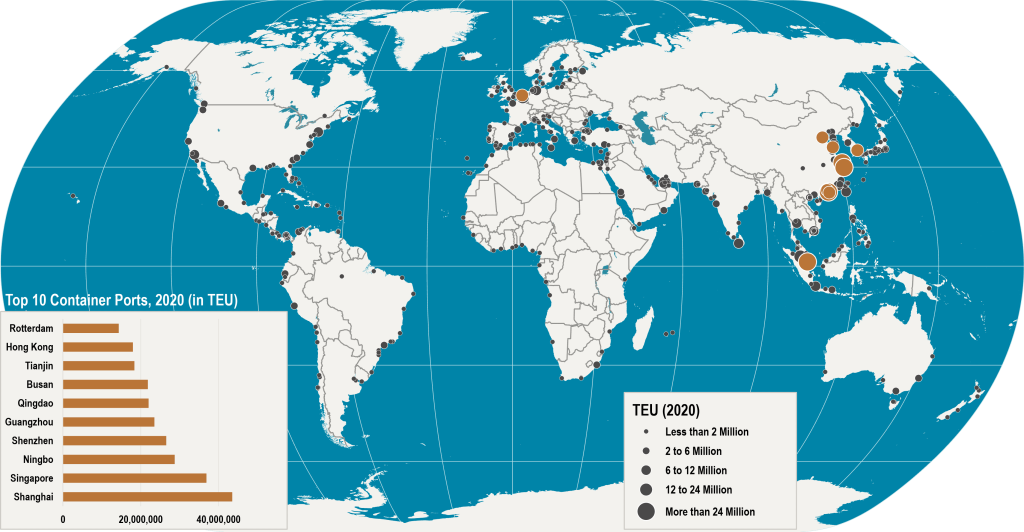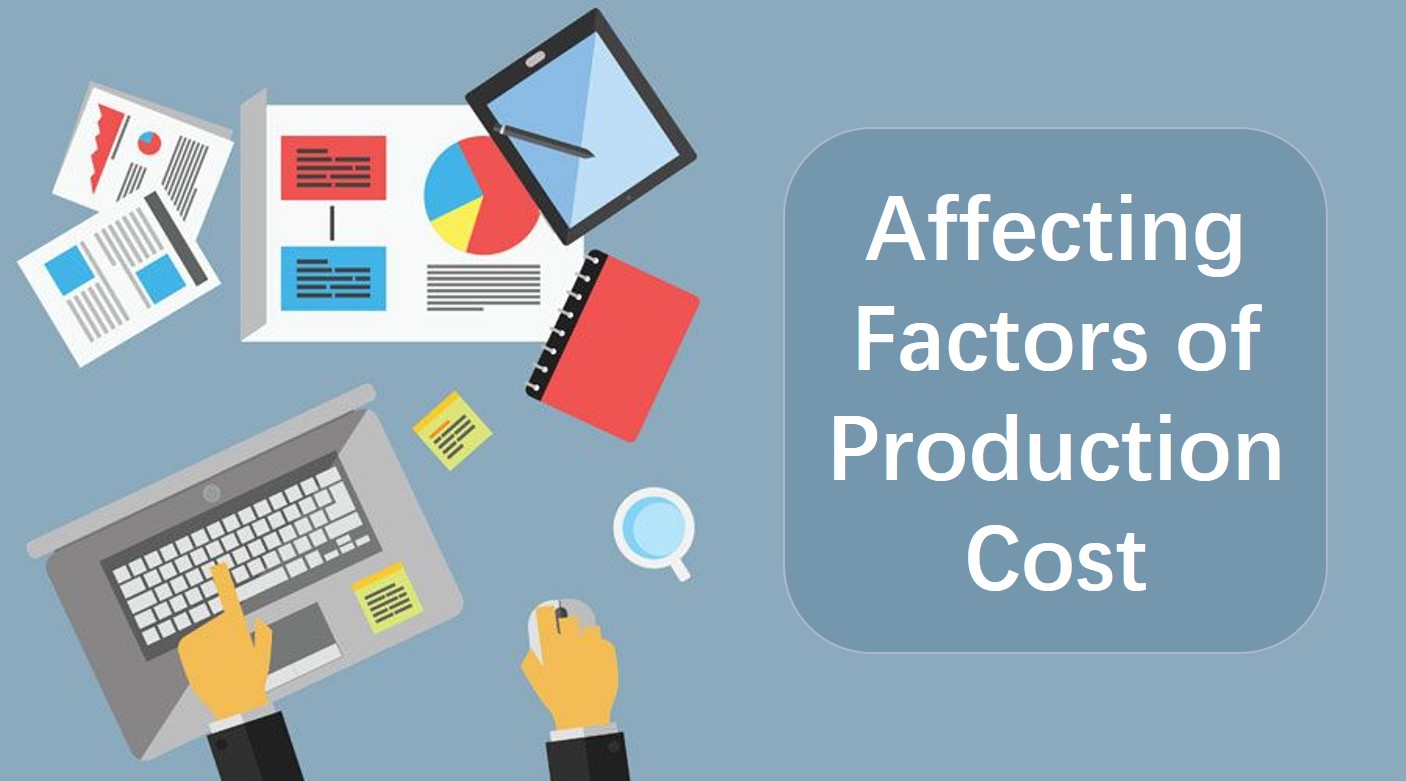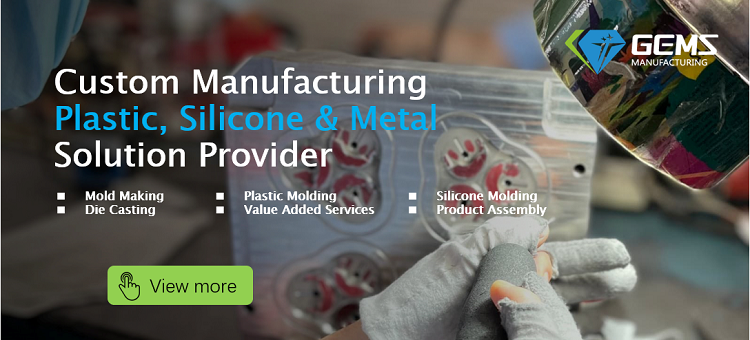12 Critical Factors Affecting Manufacturing Costs
- Raw Material Costs
One of the primary drivers of manufacturing expenses is the cost of raw materials. Fluctuations in commodity prices and supply chain disruptions can lead to significant cost variations. Manufacturers need to develop effective procurement strategies, establish strong supplier relationships, and explore alternatives to mitigate the impact of raw material costs on their bottom line.
- Labor Costs
Labor costs are another essential component of manufacturing expenses. Factors such as wages, benefits, overtime, and labor productivity directly impact the overall production costs. Investing in employee training, adopting advanced manufacturing technologies, and implementing efficient workforce management practices can help control labor costs while maintaining product quality.
- Production Lead Time
Production lead time refers to the time it takes to complete the manufacturing process, from start to finish. Longer lead times increase holding costs, strain working capital, and may lead to missed sales opportunities. To reduce lead times, manufacturers can implement lean practices and optimize production processes.
- Product Design Geometry
Product design geometry refers to the shape and complexity of a product. Complex designs may lead to more material waste, increased manufacturing complexity, and longer production times. Manufacturers should consider efficient design choices, involve cross-functional teams, and conduct design for manufacturability (DFM) analysis to optimize costs.
- Production Scale and Capacity
Economies of scale significantly affect manufacturing costs. Larger production volumes often result in lower unit costs due to spreading fixed expenses over a greater number of units. Manufacturers must strike a balance between economies of scale and demand fluctuations to avoid overproduction or inventory pile-up, which can lead to increased holding costs.
- Technology and Automation
Advancements in technology have revolutionized the manufacturing landscape. Automation, robotics, and artificial intelligence (AI) have the potential to streamline processes, reduce errors, and improve overall efficiency. However, the initial investment in technology implementation and ongoing maintenance costs need to be carefully evaluated to assess their long-term impact on manufacturing costs.
- Energy Costs
Energy costs are a significant concern for manufacturing facilities, particularly those reliant on energy-intensive processes. The price volatility of energy sources and increasing environmental regulations necessitate energy-efficient measures. Adopting renewable energy sources, optimizing energy consumption, and exploring government incentives can alleviate the burden of rising energy costs.
- Quality Control and Defects
Poor quality control can lead to increased rework, scrap, and customer returns, all of which contribute to higher manufacturing costs. Emphasizing quality assurance throughout the production process can reduce defects, improve customer satisfaction, and ultimately lower costs associated with waste and product recalls.
- Inventory Management
Effective inventory management is crucial in controlling manufacturing costs. Excessive inventory ties up capital, leads to storage expenses, and increases the risk of obsolescence. On the other hand, inadequate inventory levels can disrupt production and result in missed sales opportunities. Employing just-in-time (JIT) inventory systems and leveraging data analytics can optimize inventory levels and reduce carrying costs.
- Regulatory Compliance
Manufacturers must adhere to various industry standards and regulatory requirements. Compliance-related costs, such as testing, certification, and documentation, can significantly impact overall manufacturing expenses. Staying updated with regulatory changes and integrating compliance measures into the production process can prevent costly penalties and delays.
- Supply Chain Management
The efficiency of supply chain management directly affects manufacturing costs. Issues like delays in transportation, supplier reliability, and inventory replenishment challenges can disrupt production schedules and increase costs. Strengthening supply chain networks, establishing backup suppliers, and adopting agile procurement practices can enhance supply chain resilience and minimize cost fluctuations.
- Geographic Location
The geographical location of a manufacturing facility can have substantial cost implications. Factors such as proximity to raw material sources, labor availability, transportation costs, and tax incentives vary across regions. Conducting a comprehensive cost analysis before choosing a manufacturing site can help companies make informed decisions to optimize operational expenses.



